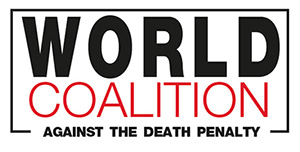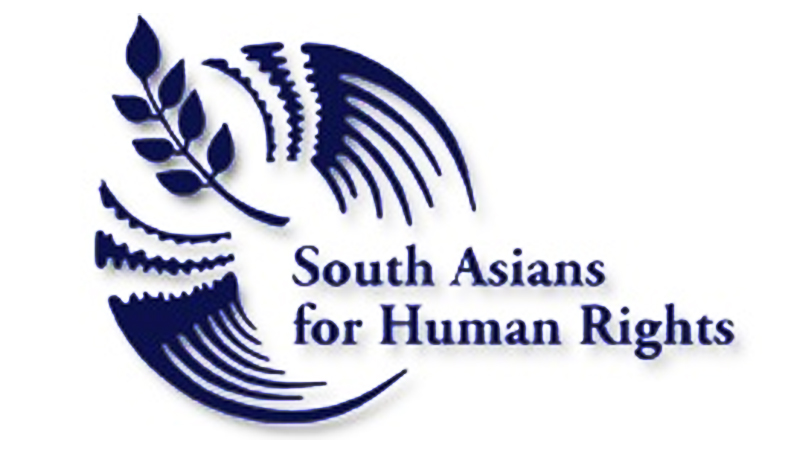8 March: Being born a girl means clearing a lot of hurdles
Monday 7 March 2016
All throughout their lives, women and girls must face various types of discrimination that
greatly compromise their future prospects. During this International Women’s Rights Day, FIDH
will be highlighting this sad fact in a video made by Agence Babel, with the voice of American
film maker Randa Haines. FIDH reminds us that the struggle is not just for a day, and calls for
actions to continue daily so that women’s rights can progress.
One day out of 365. One day in a world wherein from the time they are born until they die, women
experience discrimination and violence at every stage of their life. Preference for males, which is still very
widespread, forces many families in India, China and Caucasus to resort to selective abortion based on the
sex of the unborn child. According to the United Nations, the world population is short of 200 million
females. Discrimination against women, therefore, begins even before birth.
« Many little girls suffer terrible violations, because they are girls. Genital mutilation, early marriages, the
lack of education for girls are not just loathsome practices that compromise the future of women, but they
also affect society as a whole ».
Khadija Cherif, coordinator of the FIDH Women’s Rights Action Group
According to UNICEF, at least 200 million girls and women in 30 countries have undergone genital
mutilation, 700 million women were made to marry during childhood. According to UNESCO, 63 million
girls around the world have no primary or lower secondary education.
Many women are being deprived of their reproductive rights. Every year, 22 million women and girls must
undergo abortions in unsanitary conditions, putting their health and their lives at risk.
Read our Memo 8 March: Being born a girl means clearing a lot of hurdles
Male violence is a scourge that many women must cope with during the course of their lives. According to
the World Health Organization about 1 in 3 (35%) of women worldwide have experienced either physical
and/or sexual intimate partner violence or non-partner sexual violence in their lifetime. Sexual violence is
sometimes used as a political weapon, to prevent women from taking part in public affairs or as a strategy
of armed conflicts.
« Whether it is a result of habit or whether it is enshrined in law, gender-based discrimination is a
constant. It is expressed in different ways, but no woman can escape sex-based discrimination »
Sophie Bessis, FIDH chargée de mission for women’s rights
Certain legislation based on sharia law reduces the inheritance rights and the value of testimony of the
women to half that of the man. Unlike men, they are sometimes unable to pass on their nationality to their
children, are subjected to greater restrictions in divorce procedures, or are particularly targeted by
archaic legislation which punishes adultery with lashing or stoning. According to the United Nations,
women only account for less than 20 % of the world’s landholders, and this number is less than 5 % in
North Africa and West Asia. In OECD countries, women’s salaries are, on average, 15% less than those of
men.
« We wanted to point out these distressing facts to make people aware of the specific obstacles that
women are up against during their lifetime, and to encourage ongoing mobilisation to promote the rights
of women, which are not limited to just one day ».
Karim Lahidji, Karim Lahidji, FIDH President
https://www.fidh.org/en/issues/women-s-rights/8-march-being-born-a-girl-means-clearing-a-lot-of-hurdles
Category: Media Monitoring






